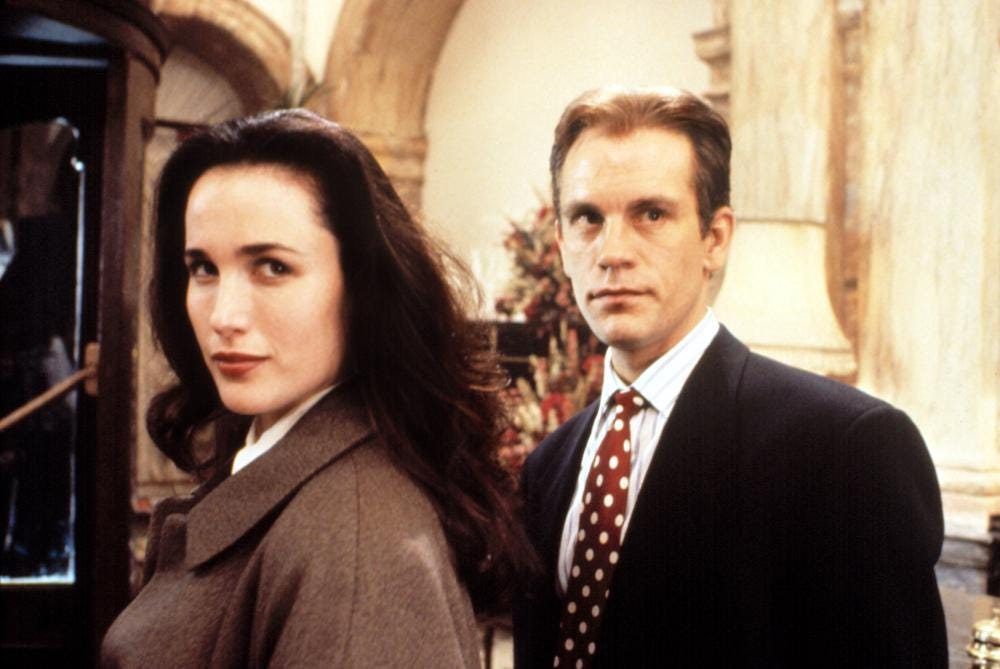It’s a good time to be interested in philosophy.
While the past century has been largely characterized by the shift toward analytic academic work, the past decade in particular has marked not only a renaissance of virtue ethics, but also the idea of “Philosophy as a Way of Life.”1
Part of this has been fueled by the technology of YouTube, where all variety of armchair scholar and commentator can participate in the discourse. Queue one of my favorite channels there, “Seekers of Unity,” devoted to the “Philosophical Study of Mysticism,” and featuring well-researched and crafted videos about everything from Kabbala and Spinoza to Shamanism and Cognitive Science.
Recently, they have compiled what they boast is the “World’s Largest Philosophy Collab,” involving over 30 individual contributions compiled in one long video answering the question “Can philosophy provide meaning to the modern person?”
The video features several Curiosophy favorites like Dr.s Gregory Sadler and John Vervaeke, and also new-found gems like Dr. Justin Sledge, creator and leader of Esoterica, a channel dedicated to providing “university level content on topics in Esotericism and the Occult.”
So what does “explor[ing] the arcane in history, philosophy, and religion” supplying “content relating to topics such as alchemy, magic, Kabbalah, mysticism, hermetic philosophy, theosophy, the occult and more” have to do with living life from the vantage of philosophy? His website answers as follows:
What is the value in studying Esotericism?
Philosophy and religion all have esoteric currents that have proved to be influential in world history. Further, the study of esotericism, occult and mysticism is, for me, often awe-inspiring and such experiences of daily awe have been shown to be psychologically beneficial.
Additionally, Dr. Sledge’s description of what he believes it means to be a philosopher offers some refreshing insight. Here is an excerpt from that text:
Philosophy must be inclusive, diverse, and violent. It is a human project and that so many have been excluded from it is a scar of shame. The philosopher must struggle against the petty, decadent, and temporal forces which render it the boring and irrelevant purview of the privileged elite. Philosophy must not only change the world rather than interpret it, it must also change itself. Philosophers who do not struggle against the oppressions of our epoch are complicit in them.
In recapping the themes brought up in the video, my understanding is that the consensus seems to be something of this nature: Philosophy can be meaningful (and indeed vital) should one implement it in such a way so as to create self-awareness, reduce self-deception, and integrate it into one’s pursuit of the good life (ie. a life lived in pursuit of Wisdom or, perhaps, of the Good).
Watching the video was, for me, no doubt largely a reinforcement of this intuition which had been building in me over the past five years. That said, it’s always nice to get the occasional emotional support, even when I know that bias confirmation is a risk of which I must always be aware.
This weekend Jayne and I watched a good movie which appears to have been completely forgotten by almost everyone. The Object of Beauty2 is about a couple living a posh yet transitory life in a hotel in London (played by John Malkovich and Andie MacDowell). Stricken by financial woes when an investment opportunity goes awry, the two are forced to appraise the value of a small statuette by Henry Moore. This item is of great value to Tina, and similarly enthralls other characters in the story.
Intensified by plenty of plot twists, humor, drama, and suspense, the picture ultimately asks us to consider the nature of Tina and Jake’s relationship, which forces both of them to appraise their own character and values. In this context, the meaning of the statuette (and, indeed, material wealth in general) is called into provocative consideration.
May many blessings grace you this week.
All Best,
Aaron
Hadot, Pierre. Philosophy as a Way of Life (trans. Michael Chase). Blackwell, 1995.
The Object of Beauty. Dir. Michael Lindsay-Hogg. Avenue Pictures, 1991.






